Ben Maxwell
The following includes excerpts from an article in Marion County History, Volume XIII written by his friend, Al Jones.
Ben Maxwell was born in Salem on February 25, 1898 at 574 North 15th Street. His childhood home, of 1860’s vintage, was razed in the 1930s. In his characteristic plain-spoken manner he explained his early interest in history by saying he was reared “in a family of old people who talked about old times.”
His father was I. N. Maxwell who came to Oregon from Tennessee in 1869. The elder Maxwell taught school at Eola in Polk County after being a lawyer and mining judge in Idaho. Ben’s mother was Medora Hayden Maxwell whose parents had arrived in Oregon in 1852.
In 1904, Ben Maxwell entered East Salem School (later known as Washington School) located at 12th and Center Street (the site of the present day Safeway Food & Drug.) When Washington School was razed in 1949, Maxwell photographed its final days with his Speed Graphic camera.
In 1917 he graduated from Salem High School (today the Meier & Frank department store occupies this property) and from Oregon State University in 1925. At college he studied history and journalism, followed by a year of “law training.”
Ben and his wife Louise bought their home in 1926 and he started working for the Capitol Journal newspaper in 1939 on a freelance basis. Steve Stone, former Capitol Journal city editor, once said, “Ben just came down and went to work” but wasn’t employed formally. “I just saw him breezing around the office and that seemed to be the way George Putnam hired people.”
Because Maxwell packed his camera on every quest for historical stories, he was able to illustrate the articles he wrote for newspapers including the Capitol Journal, the Oregon Journal, the Oregonian, and several magazines. He recorded on film at least thirteen governors, many old-timers now gone, covered bridges now missing, and several buildings and homes no longer standing. He copied hundreds of rare photographs, which, in turn, have been copied over and over by later researchers and feature story writers.
Ben’s vocabulary added flavor to facts without loss of accuracy. He might refer to a certain politician as being “whittled down to a fine point” or to another early character as one who “could hang a gate or daub mud on the inside of a chimney, but could never write poetry.” In describing early Salem hotels, he said: “In pioneer times, most so-called hotels were little more than flop-houses without facilities. The flea bag who scratched when he applied for a room was just as welcome as a dignified citizen who wore a plug hat and squirted tobacco juice through his whiskers.”
Among his favorite stories were those of the coffin maker in Salem who, tiring, took a nap in a coffin where he was found by a shocked and grieving relative and of the keg of beer being delivered to hopeful gold miners on the Santiam River, only to have the keg fall from the wagon and split.
Another story recalled the christening of a ferry at Independence in October 1945, by Mayor Maurice Butler, who used a gallon of buttermilk instead of champagne. This dedication happened on the same day as a guillotine execution in France of Pierre Laval on charges of treason. As luck would have it, the Capitol Journal accidentally mixed some lines of type with the resulting story indicating that Laval’s head fell into the buttermilk.
About his hometown, Maxwell said “I’ve always regarded Salem as a good place to be born, a nice place to die in, but a dull place to live.” About history he said, “It is more comfortable to live in the past than in the present because you can eliminate what you don’t like about the past. You have to live with what you have in the present.” His self-evaluation was wrapped in one quip: “Accomplishments, small; hobbies, none; joys, few.”
When Ben Maxwell died in 1967, his vast collection of historic Salem photographs were donated to the Salem Public Library where the prints are being scanned into a computerized database, making this unique resource increasingly available to Salem citizens as work progresses.
Since the Maxwells were childless, his widow, Louise, left to the library many boxes of artifacts including rolled panoramic photographs and drawings, ledgers, albums, poster-sized mounted collections of postcards, and personal papers. The library staff hopes to one day fully catalog and organize these miscellaneous local treasures. Maxwell’s legacy will share this valuable collection of local history with those who live in Salem today and with future generations.
This article originally appeared on the original Salem Online History site and has not been updated since 2006.



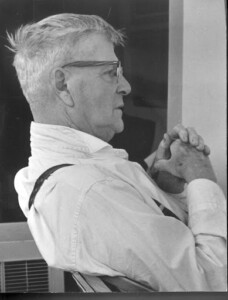
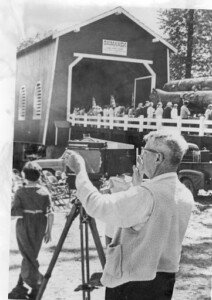
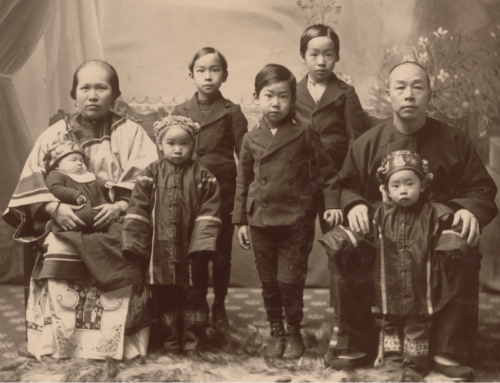
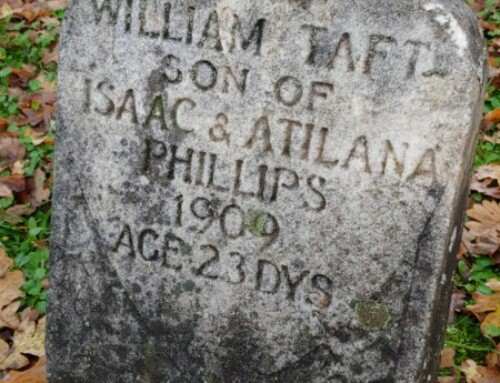
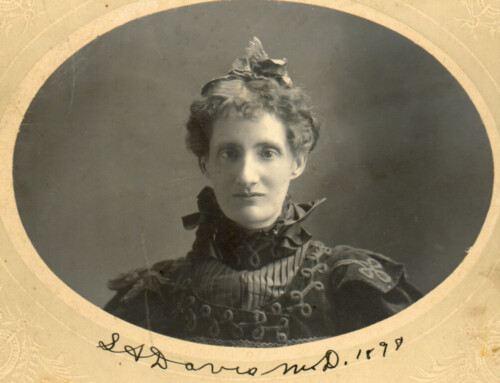
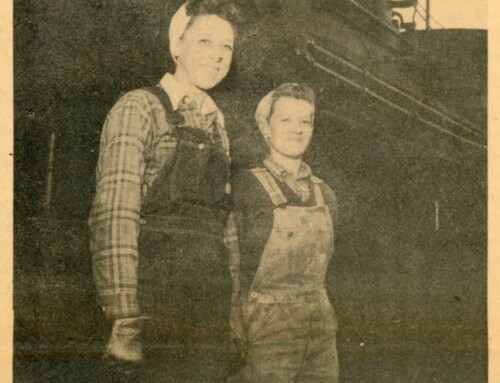
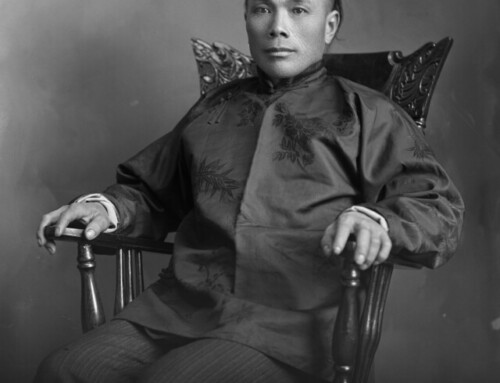
Leave A Comment